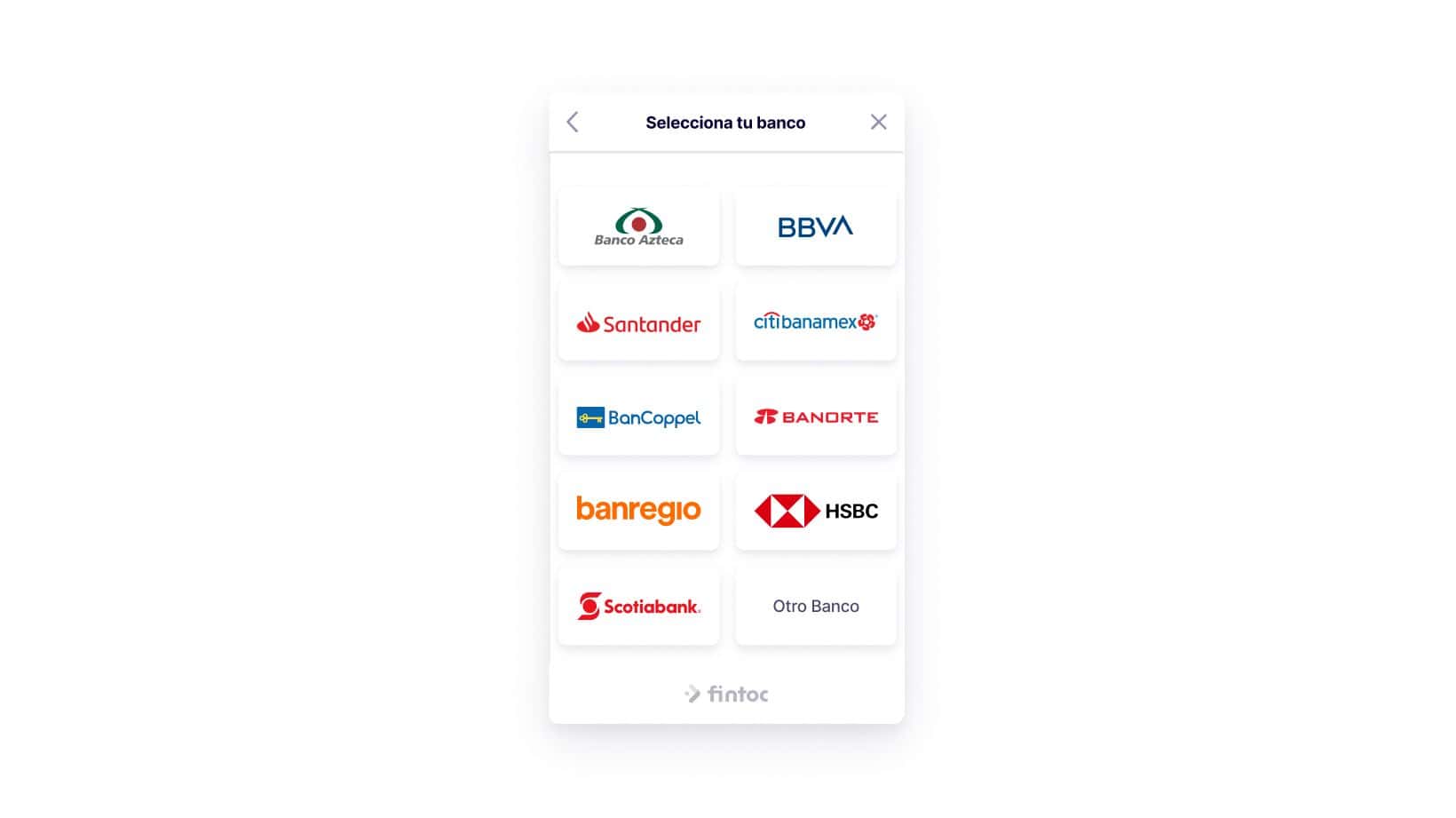In 2022, financing through venture debt and credit lines for startups increased by 94%, according to Endeavor and Glisco Partners data. This marked a record growth in this type of financing and is due to the drop in venture capital investments. This year it seems that the trend will continue.
This week Fairplay, an e-commerce revenue-based financing platform in Latin America, raised a US$100 million credit line from Community Investment Management LLC (CIM). With this credit, Fairplay joins startups that have opted for this investment vehicle, such as Kavak, Rappi, and Clara.
The startup, led by Manolo Atala, also secured an additional US$8.5 million in equity capital from internal investors such as Dila Capital, Elevar Equity, Speedinvest, Nazca, and Kayyak Ventures, which will be used to further develop its value-added services platform and expand its financial products. So far, Fairplay has facilitated more than US$125 million in loans to hundreds of e-commerce businesses in Mexico.
Mexican startup Clara received a mega round of venture capital led by GGV Capital, an equity fund that has also invested in Mexican credit card unicorn Stori.
Also investing in the corporate spending unicorn were new partners Acrew Capital, Citius, Citi Ventures, Endeavor Catalyst, Ethos, Commerce Ventures, Goanna Capital, Bayhouse Capital, Fluent Ventures, and LAGO Innovation Fund, who join existing investors Monashees, Coatue, Picus Capital, DST Global Partners, Alter Global, General Catalyst and more than a dozen angel investors.
The capital received will be used to drive the technological development of Clara’s digital payments and expense management platform.
Seed rounds of the week: Cubo and BrandLovrs
This week El Salvador’s Cubo received seed stage capital. Cubo is a card payments app that was recently awarded BID Lab’s first direct investment in a Central American fintech. The startup raised a US$3.5 million seed round, in which venture capital funds such as Amador Holdings, Soma Capital, Latin Leap, and Seedstars also participated.
And last Friday, it was announced that Colombian singer J Balvin joined the Brazilian platform BrandLovrs as a shareholder, which raised US$2 million in a seed investment round from investment funds such as Brazil’s Canary, The Venture City, Endeavour Scale Up Ventures and 4Equity.
BrandLovrs is an influencer startup dedicated to democratizing access, opportunity, and financial freedom for content creators across Latin America.
This is J Balvin’s first investment in a startup, who seems to start following in the footsteps of his compatriot, fellow reggaeton singer Maluma, who has already invested in several projects such as proptech La Haus, Trebel, Rappi, and Foodology.
Belvo acquires Skilopay
Belvo, a Mexican open finance company, announced this week the acquisition of Skilopay, a Brazilian payment institution specializing in payment services through Pix, the digital payment system powered by the Brazilian Central Bank.
This was Belvo’s first acquisition, which will enable the company to expand its existing portfolio of payment products in the country. The startup did not disclose the amount of the transaction.
This acquisition allows Belvo to further develop its position as an account-to-account payment provider in Brazil and Latin America.
The company already obtained a Payment Transaction Initiator (PTI) license at the end of last year to offer payment initiation services through Open Finance under the regulation of the Central Bank of Brazil, a product it already offers to numerous clients in Brazil. It will now be able to add Pix payments and other payment capabilities to this offering, which it will develop in the coming months.
In addition to its ITP license, the company has also obtained an IFPE license under the Fintech Law in Mexico, which authorizes it to process account-to-account payments through its platform in the country.
Unicorns make alliances
In difficult times, unity is strength, and in these times of market volatility, unicorn startups are making alliances to offer more robust solutions to consumers.
This week the Argentine unicorn Tiendanube, a platform for creating online stores, closed an alliance with Mercado Pago (Mercado Libre’s fintech arm) and Envia.com (a Mexican transport company) to launch a plan that will allow Mexican entrepreneurs to access its technology free of charge.
“In Mexico, only about 2% of the more than 4 million MSMEs have their own online store; the need is huge, and this is exactly what has moved us to contribute to remove the barrier that entrepreneurs have to sell online, offering a free option for them to dare to make the leap to digitization with their own online store,” said Juan Martin Vignart, Country Manager of Tiendanube Mexico, in a statement.
According to a Tiendanube report, lack of financing (27.8%), time (21.6%), and technological knowledge (20.4%), are the main challenges faced by Mexicans who decide to start a business.
Another alliance was between the cryptocurrency unicorn Bitso and the once-unicorn Despegar so that the two million travelers who are part of the travel platform’s rewards program in Mexico can redeem their points for cryptocurrencies, which will be automatically credited to the Bitso wallet created by the user.
Despegar Mexico said in a statement that the company is constantly looking for innovative ways to bring its offering closer to travelers in Latin America.
This is the first time Bitso has partnered with a travel industry company in Mexico. Initially, this option will be available in the country and will gradually be implemented in the other countries where the program operates.
You may also be interested in: Five Questions With: 123Seguro






